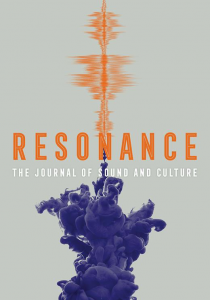During the mid-1990s, Wade in the Water: African American Sacred Music Traditions, a first-time collaboration between the Smithsonian Institution and National Public Radio, began airing on hundreds of NPR affiliate stations throughout America.
An ambitious series of 26 hour-long documentary programs, Wade explored 200 years of black sacred music, including spirituals, ring shouts, lined hymns, jazz, and gospel. The series also featured the insights of music creators, performers, listeners, and historians who could place African American sacred music traditions within the social, political, and cultural context of their times
Mahalia Jackson & Paul Robeson. The Staple Singers & The Mississippi Mass Choir. Mary Lou Williams & Kirk Franklin. The Fisk Jubilee Singers & Marian Anderson. Be Be & Ce Ce Winans & Take 6.
Those were just a few of the artists prominently featured in the series.
Conceived and hosted by Smithsonian Institution curator, artist, and MacArthur Foundation “Genius” Fellow, Bernice Johnson Reagon, Wade required an intensive, five-year-long fundraising, research, and production journey of commitment by a host of dedicated radio producers, researchers, engineers, historians and music collectors.
And the series eventually won a Peabody Award and other national awards of distinction.
As Wade’s associate producer, I was responsible for writing and producing 13 of the series’ programs. So come behind the scenes with me. In the just published, Wade in the Water: The Making of a Groundbreaking Radio Documentary Series (in Resonance: The Journal of Sound and Culture, University of California Press), I describe Wade’s production journey from the vantage point of an insider.
The article serves as a personal reflection on the making of a series that would set the standard for future long-form, NPR-based music documentary productions, such as Making the Music (hosted by Wynton Marsalis) and Jazz Profiles (hosted by Nancy Wilson) – series on which I also served as one of the producers.
Enjoy!